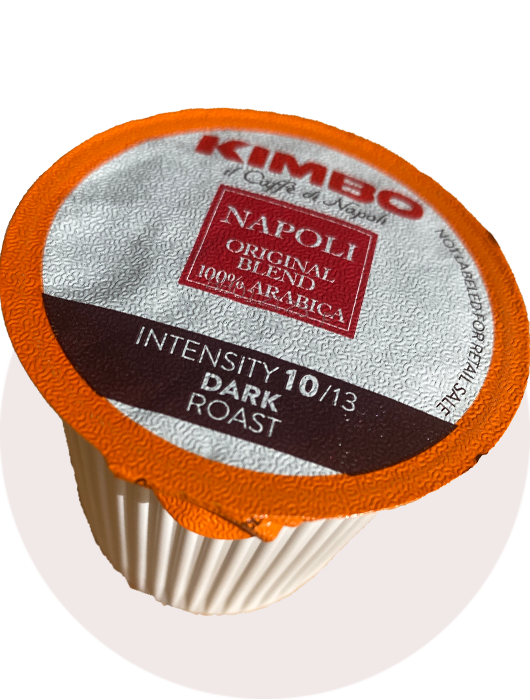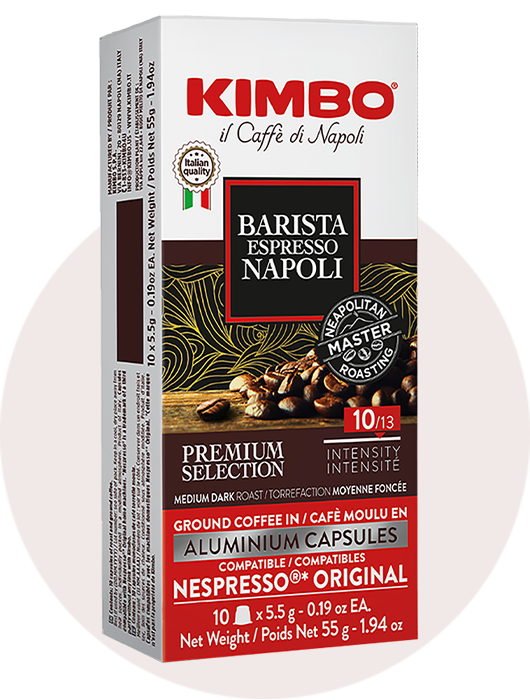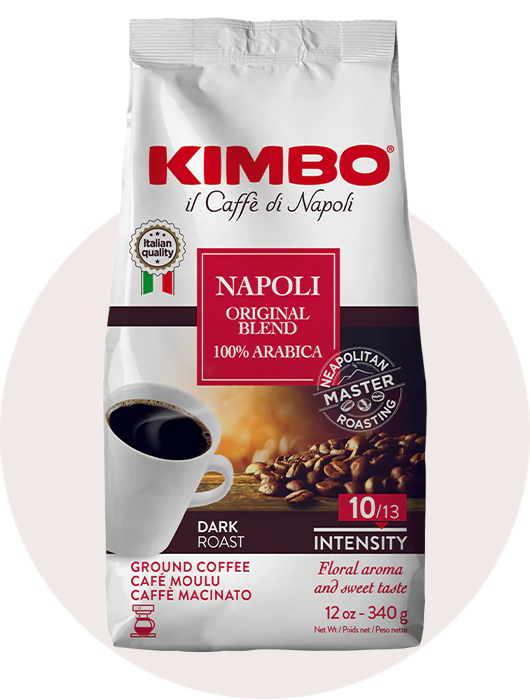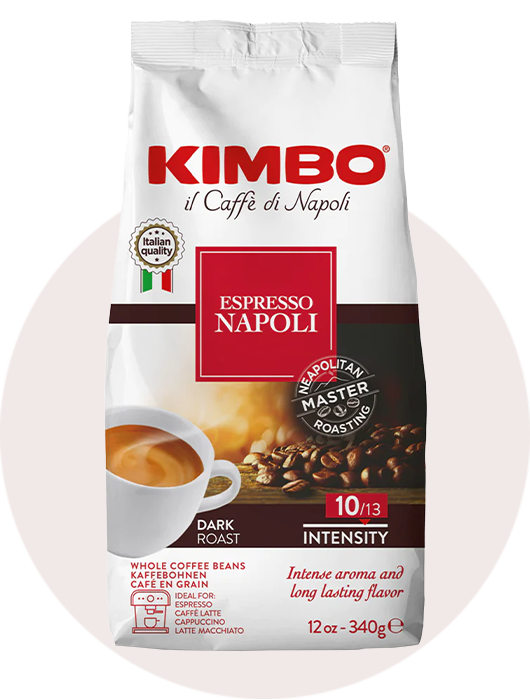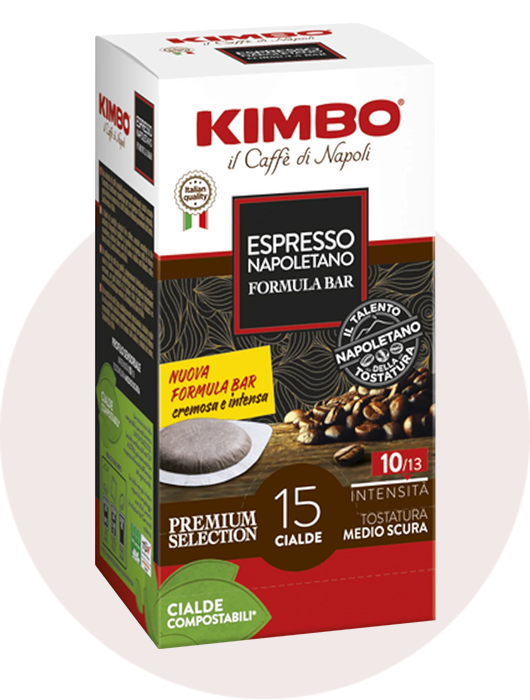You're stumbling into the kitchen, desperate for your morning brew, when you realize the coffee in your pantry is past its expiration date. Do you roll the dice and drink it anyway, or toss it and head to the store? Before you decide, let's spill the beans on what really happens when coffee expires.
The Shelf Life of Coffee: A Tale of Freshness Lost
Here's the deal: coffee doesn't spoil like milk or bread. It's a dry good, so it won't grow mold or make you sick if you drink it past the "best by" date. But that doesn't mean you should hang onto those beans forever.
Coffee is at its peak flavor for about a month after roasting. The longer it sits, the more its delicate oils and aromatics degrade, leaving you with a lackluster cup. Brewing with stale beans is like listening to your favorite album on a scratched-up vinyl - sure, you can make out the melody, but it's just not the same.
Whole Beans vs Ground Coffee: A Battle Against Time
When it comes to shelf life, not all coffee is created equal. Whole beans are the marathoners of the coffee world - they'll stay fresher for longer than their pre-ground counterparts. That's because grinding exposes more surface area to the elements, accelerating the staling process.
If you buy whole beans, aim to use them within 6-9 months of the roast date if unopened, or within a month once you've cracked the seal. Pre-ground coffee has a shorter lifespan - 3-5 months if the bag is still sealed, but only 1-2 weeks once it's open.
Instant Coffee: The (Almost) Immortal Brew
What about instant coffee, the unsung hero of camping trips and hotel rooms? This ultra-processed coffee can last for 1-2 years in an unopened jar, and 1-2 months once you've popped the lid. While it may not win any artisanal awards, instant coffee laughs in the face of expiration dates.
Telltale Signs Your Coffee Has Kicked the Bucket
So how do you know if your coffee has gone to that big barista in the sky? Here are some clues:
-
The aroma has gone AWOL. Fresh coffee should smell rich and inviting, not flat or stale.
-
The flavor falls flat. If your brew tastes more like cardboard than caramel, it's time to toss it.
-
The color looks off. Stale beans may appear dull or shriveled, while old grounds often turn a sad gray.
-
You spot weird stuff. Clumps or mold? That's a hard pass.
Keeping Your Coffee Kicking: Storage Tips for Maximum Freshness
Want to extend your coffee's lifespan? It's all about storage. Keep your beans or grounds in an airtight container at room temperature, tucked away from sunlight, heat, and moisture. Skip the fridge or freezer - the temperature fluctuations can actually speed up staleness.
For the ultimate freshness, buy whole beans in small batches and grind them right before brewing. You'll be rewarded with a cup that's livelier than a double shot of espresso.
Creative Uses for Not-So-Fresh Coffee
Let's say you've got some less-than-stellar beans on your hands. Before you dump them in the trash, consider these ideas:
-
Whip up a batch of coffee-infused brownies or chocolate cake
-
Make a marinade for steak or pork chops
-
Blend grounds into a skin-softening body scrub
-
Sprinkle used grounds in your garden to deter pests and enrich the soil
The Last Drop
In the end, expired coffee won't kill you, but it won't thrill you either. For a truly knock-your-socks-off cup, always aim for freshness. Buy beans from a local roaster, store them right, and use them quickly. Your taste buds will thank you.
So go forth and brew with confidence, knowing you've got the scoop on coffee expiration. And the next time you find a forgotten bag of beans in the back of your cabinet, you'll know exactly what to do.
